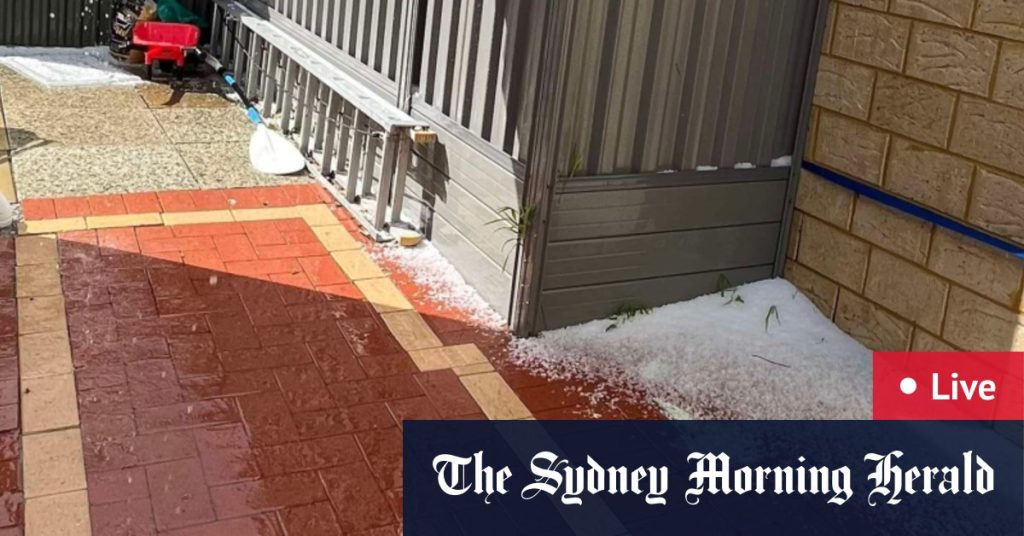Five new council areas have been added to the quarantine zone aimed at containing the polyphagous shot-hole borer, a destructive pest that is causing damage to parks and streetscapes in a city with a lacking tree canopy. Effective immediately, Armadale, Kwinana, Mundaring, Rockingham, and Serpentine Jarrahdale have been included in the quarantine area, covering the entire Perth metropolitan area and encompassing 30 local governments. The goal of expanding the quarantine zone is to create a buffer between areas with high infestations and the rest of the state, with the hope of preventing further spread of the pest.
The expanded quarantine area in Perth now consists of two zones, each with specific rules and regulations to help contain the polyphagous shot-hole borer. The first zone, Zone A, is more heavily infested and has stricter restrictions on moving wood and plant materials in efforts to prevent the spread of the pest. Zone B, on the other hand, serves as a buffer zone with fewer or no infested trees. The Department of Primary Industries and Regional Development (DPIRD) is conducting increased surveillance in Zone B and is prepared to respond promptly to any new detections in that area to aid in the eradication efforts.
The quarantine measures are a crucial component of the national eradication response managed by DPIRD, and the community is urged to stay vigilant and report any signs of the pest. Signs of polyphagous shot-hole borer activity include small holes in tree trunks or branches, staining or discoloration of the wood, gumming, frass, and signs of dieback in the tree. DPIRD Chief Plant Biosecurity Officer Vincent Lanoiselet commended the Perth community for their efforts and advised residents to check their trees, particularly those at higher risk such as box elder maples, coral trees, figs, and London plane trees. Any suspected signs of damage should be reported through the MyPestGuide® Reporter app, by phone, or by email.
In addition to the expanded quarantine area in Perth, trapping and monitoring activities are ongoing in regional areas to prevent the spread of the polyphagous shot-hole borer. Despite a false alarm in the Shire of Harvey, the pest has not been detected outside the metro area. The quarantine measures outlined for Zone A and Zone B are crucial in ensuring the containment of the pest and preventing its spread to other areas. DPIRD is actively monitoring the situation and responding swiftly to any new detections to support the eradication efforts.
For those who may not be able to meet the requirements of the quarantine zone, DPIRD advises contacting them to obtain a permit. Lawn clippings and grasses are not affected by the restrictions, but moving untreated or unseasoned wood or plant materials in or out of the quarantine area requires adherence to the rules and regulations set forth for each zone. Collaboration from the community, adherence to quarantine measures, and prompt reporting of any signs of pest activity are essential in the ongoing efforts to eradicate the polyphagous shot-hole borer and protect the environment and greenery in the affected areas.


